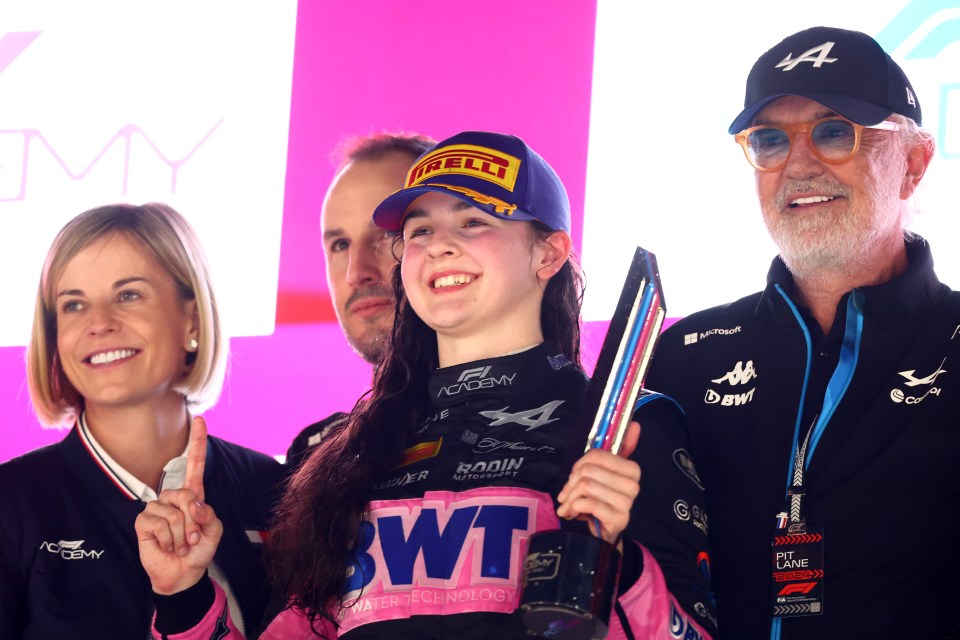Abbi Pulling has become one of the biggest names in motorsport thanks to her dominant F1 Academy campaign, but the real reward will come next season.
The 21-year-old British talent won the second season of the Formula 1 feeder series with a massive nine wins and 14 podiums making her one to watch for the future.

Yet the championship trophy she picked up takes on a whole new meaning when you understand what comes with it.
Pulling has now booked a spot on the 2025 British GB3 Championship grid, with that series deemed to be two levels below F1, having produced talents such as Mercedes’ George Russell.
Her spot with Roden Sport is also fully funded, a detail that means she can carry on a career that otherwise may have been in doubt.
Appearing on talkSPORT’s Hawksbee & Jacobs, Pulling explained how life changing the move could be after Paul Hawksbee described her season as ‘Max Verstappen-level’.
“For me, finance is a huge thing,” she said. “In 2021, I had to leave British F4 because we couldn’t afford it anymore.
“Then I got opportunities in championships like F1 Academy, the all-female championship, to continue competing at reduced cost. And that meant then the winner this year also gets the prize of the fully funded seat.
“So, it was really, really important that I won this year. I think, if it was anywhere else, the future would have been very uncertain. It was a lot of pressure to hold. And GB3, it’s a really prestigious class.
“People like George Russell have raced it before. Now he’s a Formula 1 race winner.
“Hopefully, I can have a good season. It’s a bigger car, more downforce. It’s going to be a huge challenge, but I’m really excited to take that challenge.”
She added: “You actually don’t earn any money until you get to Formula 1 or reserve driver roles or professional drives in Formula E or work or anything like that.

“This is all self-funded, and in the past I’ve had to put a lot of concentration into finding the finances and doing sponsor proposals.
“Luckily, I’ve had the support of Alpine, the F1 team, and road and cars the past couple of years, as well as some other personal sponsors I’ve managed to raise. That does take up a lot of time and effort, but it’s all worth it in the end.”
The F1 Academy was created by Susie Wolff, the last woman to drive an F1 car in an official session back at the 2014 British Grand Prix in Friday practice.
Pulling understandably has ambitions of matching Wolff, but explained that there’s more at play than just talent.
“Formula 1 is the goal. I think any young driver in my position is going to say they want to get to Formula 1, but Formula 1 is incredibly hard,” she explained.
“Even for the guys, there’s some that fully deserve to get a seat. They’ve got the talent. Just for whatever circumstances, they don’t manage to sign on the dotted line. There’s only 20 seats available a year.
“I fully am aware of that. There’s also so many different avenues in motorsport. There’s WEC (World Endurance Championship), Formula E. I’m keeping my options open, but Formula 1, at the moment, is still the target.”
Pulling also went on to explain the other challenge for women drivers – matching their rivals’ physicality at such a young age.
She said: “There’s F4, F3, F2, and then F1. In Formula 3, I’ve driven that car. I really believe that a woman can compete in that championship and compete at the front. Formula 2, I’ve never driven it.
“But I’ve heard that it’s a very physically demanding car. Whether it’s as realistic that a woman can physically compete at the front in that is another story.
“I think that means that it has to be someone that is at their peak physical fitness. As a woman, you’re not at your peak physical fitness as a 16, 17-year-old, unfortunately.
“I think it will be someone that’s in their mid-20s, who has more time to train and get stronger and develop their muscles, whereas a guy can get to their peak physical fitness at a younger age.
“We’ll see. I think it’s a matter of time when we’ll see it (a woman in F1). I’d like to say it’ll be me, but if not, hopefully it’s some of the young girls watching. It could be five years, ten years, fifteen years, but I think it’s going to happen.”



